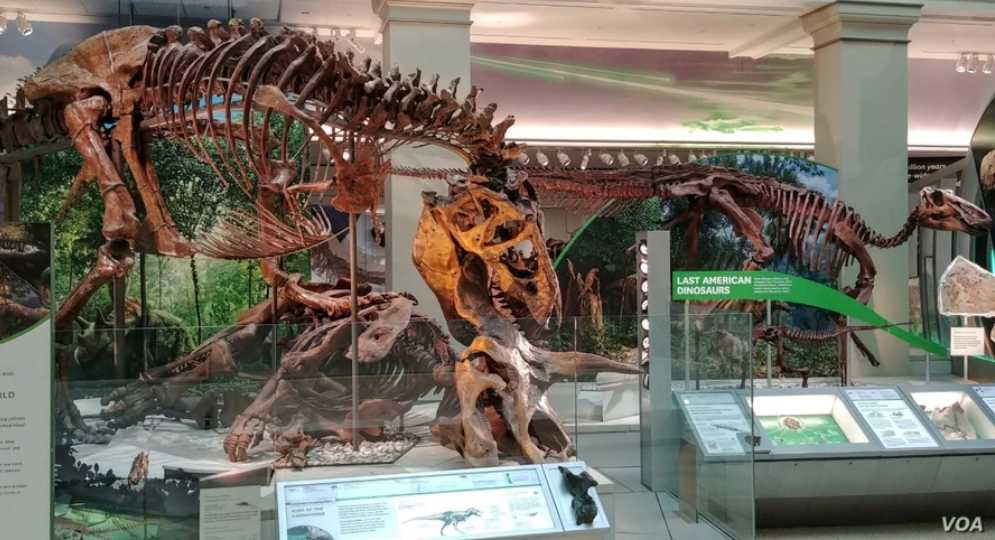How climate change affects U.S. indigenous coastal cultures is the focus of the First Stewards symposium that started yesterday at the Smithsonian National Museum of the American Indian in Washington, D.C.
The coastal treaty tribes of Washington state – the Hoh, Makah, Quileute tribes and the Quinault Indian Nation – are hosting the event and collaborating with NOAA and other partners.
Native leaders, including American Indians, Alaska Natives and Pacific Islanders, will join climate scientists, policy-makers, and representatives of non-government organizations to discuss ways indigenous peoples and cultures may be able to increase their ability to adapt to predicted climate change. Participants also will discuss how to include indigenous traditional knowledge in U.S. climate change science, education, and governance.
|
|
“Coastal indigenous people have thousands of years of rich, place-based knowledge of climate change and its effects on humans, and how to adjust to these changes,” said Daniel J. Basta, director, NOAA’s Office of National Marine Sanctuaries. “Their experience is extremely valuable today and can help all of us as the world looks for ways to adapt.”
The Office of National Marine Sanctuaries manages a national system of marine protected areas where local indigenous communities participate in management of marine resources.
“We need everyone engaged in working on adaptations, mitigation, strategies, and solutions to climate change,” said Micah McCarty, chairman of the Makah and of the First Stewards organizing committee. “Even the polar bears and people of the Arctic Circle cannot escape the second-hand smoke of the vehicle tailpipe and the smokestack that leave such a large carbon footprint.”
“Coastal Indian people are already dealing with the effects of climate change,” said Billy Frank Jr., chairman of the Northwest Indian Fisheries Commission. “The glaciers that feed our life-giving rivers are melting. Reservations are flooding more often, forcing some tribes to have to move their homes to higher ground. Tribes are the natural choice to lead the nation in the response to climate change.”
|
|
The symposium, which runs from July 17 through the 20th, is being held in partnership with scientific, tribal, governmental and non-governmental organizations, including the Smithsonian National Museum of the American Indian, NOAA’s Office of National Marine Sanctuaries, NOAA’s National Marine Fisheries Service, The Nature Conservancy, Northwest Indian Fisheries Commission and the Western Pacific Regional Fishery Management Council.
Other partners include Salmon Defense, National Congress of American Indians, United South and Eastern Tribes, Uncas Consulting Services, and EA Engineering, Science, and Technology.
NOAA’s mission is to understand and predict changes in the Earth’s environment, from the depths of the ocean to the surface of the sun, and to conserve and manage our coastal and marine resources.








